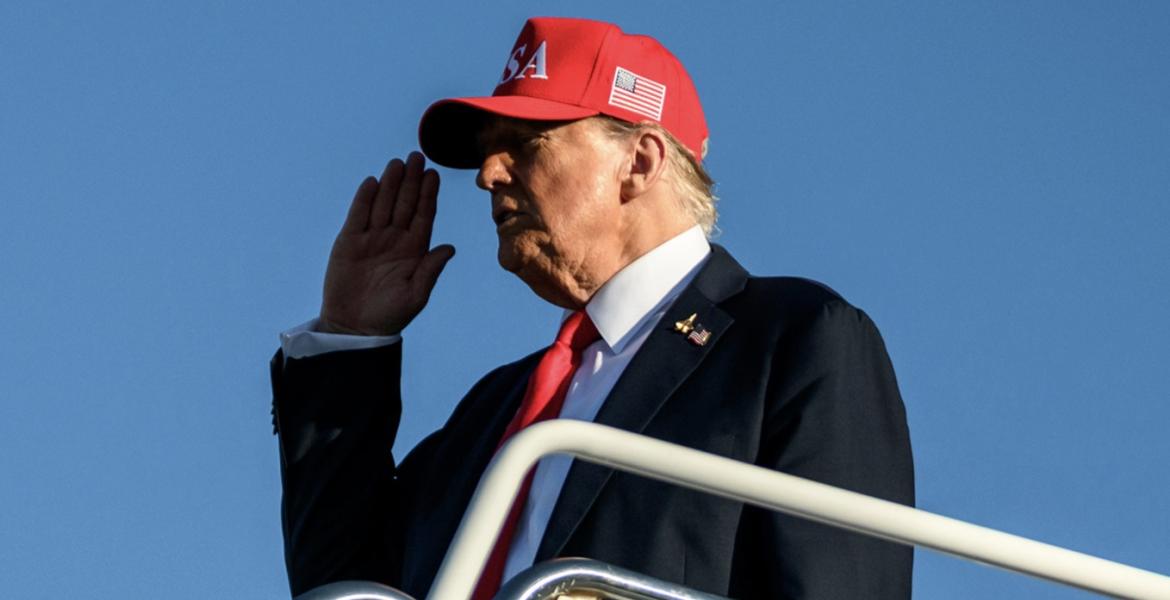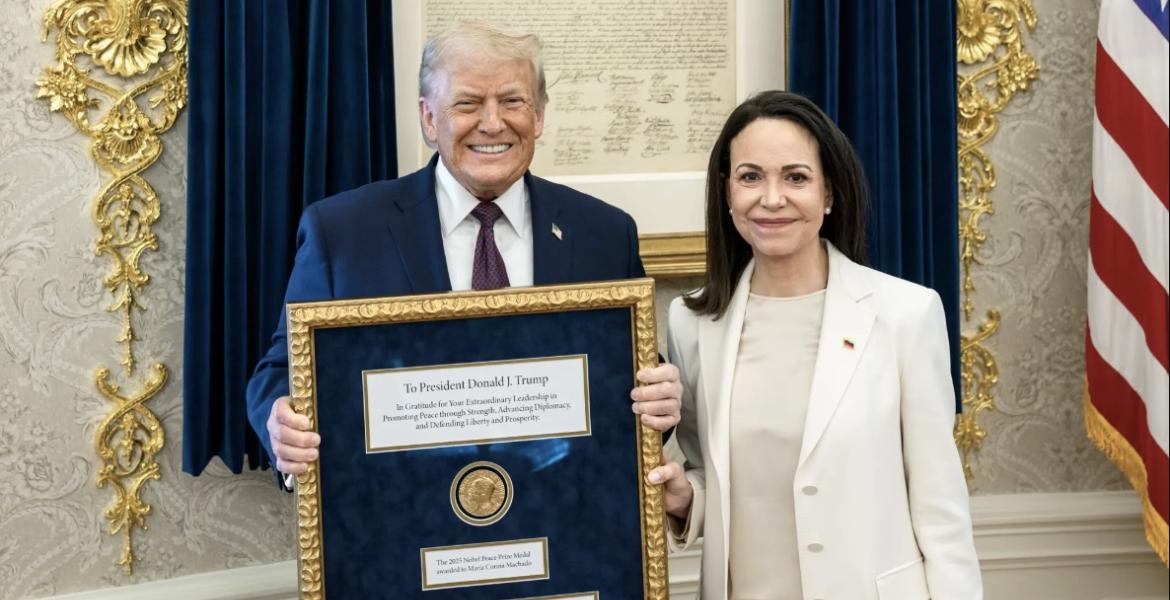So you conveniently failed to notice that your toddler marked crayon all over the neighboring car at Wal-Mart, or didn’t say a word when you saw Sandy stealing supplies out of the closet at work.
In essence, you have ‘turned a blind eye;’ a willful lack of acknowledgement toward anything disenchanting.
‘Turning a blind eye’ can be malicious or just a way to avoid inconvenience, but the phrase has a home in modern language, and unless modern medicine someday eradicates blindness, it wouldn’t appear that the phrase will become archaic.
Oftentimes history results in the birth of colloquialisms and popular sayings, whether or not they are verbatim or a popularly accepted myth.
The fact or myth in question for the origin of ‘turn a blind eye’ comes from British naval hero Admiral Horatio Nelson in the 1801 Battle of Copenhagen.
The British faced overwhelming odds in the Battle of Copenhagen against the Danish-Norwegian Fleet, and the order to retreat was given.
British fleets used flags as signals, sometimes requiring use of a telescope to see the ship carrying superior officers and raising signals.
Nelson, notorious for being a bit bolder than the usual Brit—also known for disregarding orders—is popularly believed to have put his telescope to his blind eye (lost in the Battle of Corsicana in 1793) so he could truthfully say he never saw the signal to retreat.
Fortunately for the British, Nelson triumphantly won the battle, securing a victory for the British.
Ever since then, ‘turn a blind eye’ has been common vernacular.
Subscribe to the LIVE! Daily
Required






Post a comment to this article here: